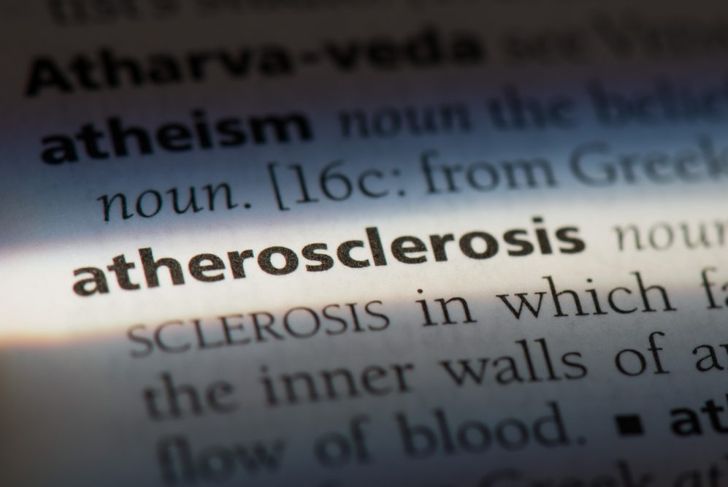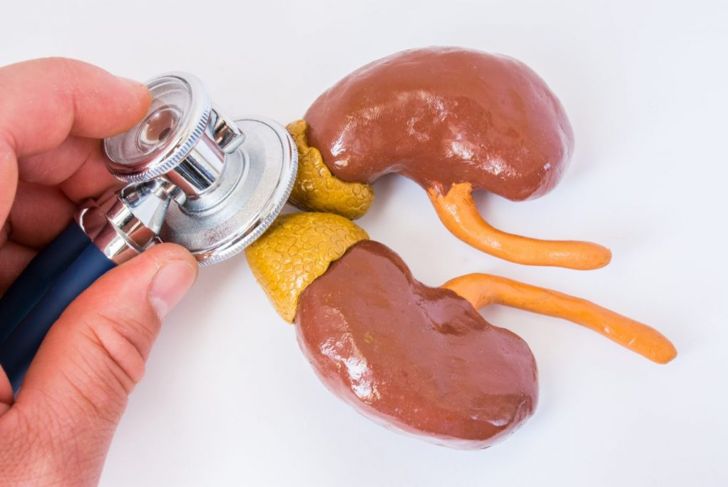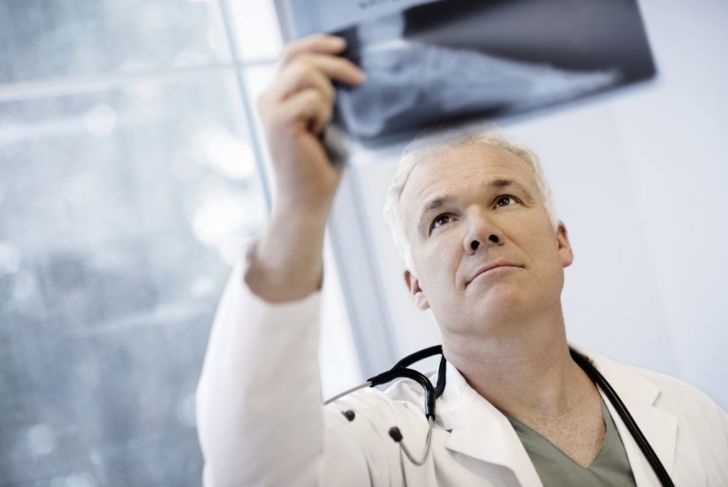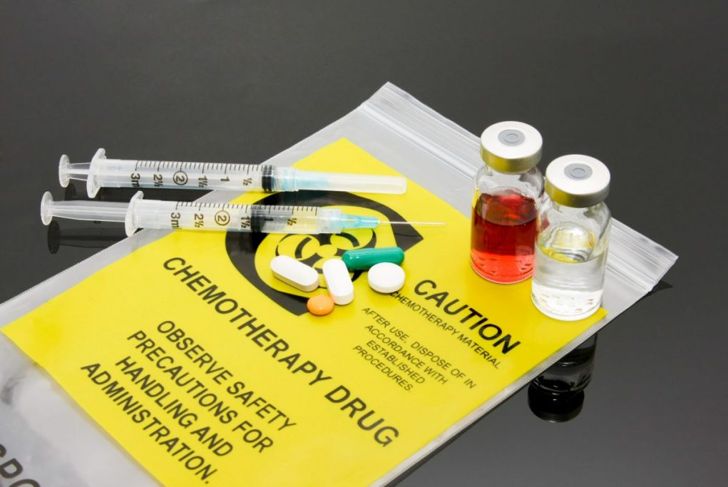A cold room and poor circulation are the most common causes of cold feet. Though the sensation is uncomfortable, soaking in a warm bath or putting on thick socks often relieves this temporary issue. People who experience cold feet on a regular basis, however, should talk to a doctor, as the problem could be symptomatic of a larger issue that requires medical intervention.
Raynaud’s Syndrome
Raynaud’s syndrome, also called Raynaud’s phenomena or disease, has various causes, including inflammatory, nerve-related, and autoimmuneresponses. Injury to the hands or feet, certain medications, smoking, and repetitive use of the feet or hands can trigger the characteristic signs and symptoms of this condition. Some people with Raynaud’s syndrome have no known underlying cause or risk factors. With Raynaud syndrome, the skin on the toes or fingers turns blue, purple, or white due to a lack of blood. This constriction makes the extremities overly sensitive to temperature changes. Raynaud’s is more common in women and people over 30, particularly those with a family history of the syndrome and individuals living in colder climates.
Neuropathy
Neuropathy or nerve damage may result in the dysfunction of nerves that detect temperature. People with this type of damage may feel as though their feet are cold, even if the extremities are not cold to the touch. A pins-and-needles sensation or numbness may also develop. Underlying medical disorders such as diabetes and injury can result in peripheral neuropathy, which affects the body’s longest nerves, those that reach the toes. The National Institutes of Health reports that over 20 million people in the US have some form of this disorder.
Vascular Disease
Decreased circulation in the extremities is one of the most common reasons for cold feet. Atherosclerosis, which leads to a buildup of fatty deposits that narrow the arteries, can cause this symptom. The feet may appear purple or blue when a person is sitting and white or pale when lying down. Other obstructive vascular diseases include diabetic peripheral angiopathy, thromboangiitis obliterans, and microemboli.
Buerger’s Disease
Using tobacco products is strongly associated with Buerger’s disease, which causes blood vessels to swell and become inflamed. This impedes blood flow and leads to clot formation. Advanced cases result in tissue damage and gangrene. Researchers hypothesize that Buerger’s disease is due to chemicals in tobacco that irritate and inflame the lining of blood vessels. The most common symptoms include cold, severe pain, and bluish or red discoloration in the hands or feet. Some people also develop sores in these areas that may become infected due to reduced blood flow. Quitting smoking can help ease symptoms.
Adrenal Insufficiency
According to the American College of Foot and Ankle Surgeons, cold feet may be a symptom of an adrenal deficiency. The two adrenal glands above the kidneys produce cortisol and work with the pituitary and hypothalamus glands in the brain. Cortisol helps regulate blood pressure and the immune system. Primary adrenal insufficiency or Addison’s disease is a rare condition caused by damage to the adrenal glands. It can also stem from cancer, inherited endocrine gland disorders, and fungal infections. Most commonly, it is caused by an autoimmune condition. Secondary adrenal insufficiency occurs due to dysfunction of the pituitary gland. This condition may arise from pituitary gland tumors or removal of the pituitary or hypothalamus gland. Certain medications, including anabolic steroids and corticosteroids, can also trigger adrenal insufficiency.
Fibromyalgia
Fibromyalgia is a condition that causes widespread muscular pain and affects about 3.5% of women and 0.5% of men in the U.S. Some medical experts believe the condition develops because the central nervous system processes pain abnormally. People with this condition often report feelings of cold, tingling, and numbness in the extremities.
Hypothyroidism
The thyroid gland affects virtually every organ system, secreting hormones that play an integral role in the regulation of metabolism. If thyroid hormone production decreases, cells burn less energy and the body generates less heat. Thus, people with this condition may feel chilly while others are comfortable. Hypothyroidism may be temporary or permanent; fortunately, many causes are easy to diagnose and treat.
Scleroderma
Cold feet could be a sign of scleroderma, a rare autoimmune disease that primarily affects women between 35 and 50. This chronic condition hardens the connective tissue, hampering organ function. The resulting collagen buildup constricts blood vessels, making the skin’s vessels overreact to cold and stress. People with scleroderma are also more likely to have Raynaud’s syndrome, another common cause of cold feet and hands.
Lupus
Studies show that about one-third of people with lupus deal with cold feet and hands. Lupus is another autoimmune disease that attacks the small blood vessels, causing them to narrow when exposed to cold. Research indicates that this disease promotes peripheral neuropathy and impaired blood flow that cause numbness and cold feet.
Medications
Certain drugs induce side effects such as secondary Raynaud syndrome, causing cold feet. Cold medicines containing pseudoephedrine, migraine headache medications, and beta-blockers for hypertension cause the blood vessels to constrict. Chemotherapy drugs and ADHD treatments can also induce symptoms of Raynaud’s syndrome.

 Home
Home Health
Health Diet & Nutrition
Diet & Nutrition Living Well
Living Well More
More




















